Russia's global positioning system
Space agency Russia is preparing to launch 3 more satellites located on December 25, to complement the country's own global positioning system called Glonass, similar to the popular GPS system of the US .
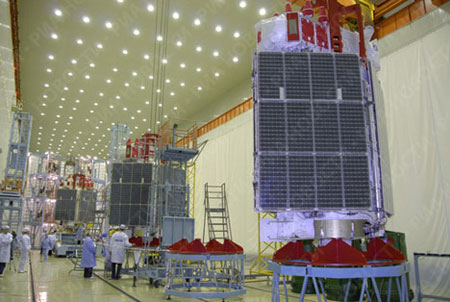
Russia will launch 3 Glonass satellites from the Baikonur Kazakhstan Space Center. According to the Russian Central Institute of Manufacturing Research, the country's Glonass global positioning system currently has 19 satellites, including 16 in operation, two under maintenance and one standard canceled.
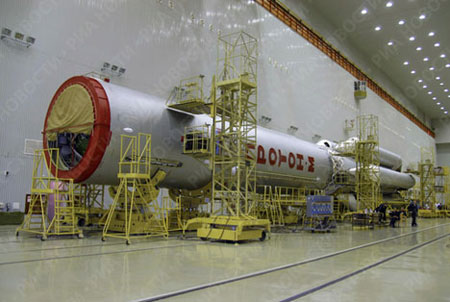
Proton-M boosters will bring Glonass satellites to orbit. Russia's Glonass has the same function as the US Global Positioning System (GPS) and is designed for both military and civilian use. Both US and Russian systems allow users to determine the exact location of each meter.
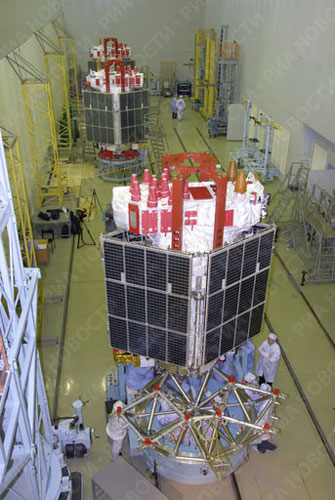
The Glonass positioning system requires 18 satellites to operate continuously to cover the entire territory of the Russian Federation and 24 satellites to provide microscopic services around the world. In the photo, scientists are installing Glonass satellites in the factory.
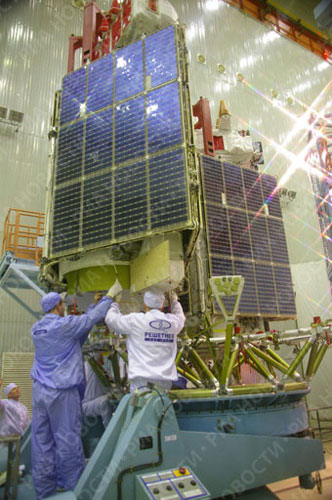
In 2007, Russia set aside a budget of 9.9 billion Rubles (US $ 360 million) for the Glonass system and a budget for the previous year of 4.7 billion Rubles (US $ 170 million).
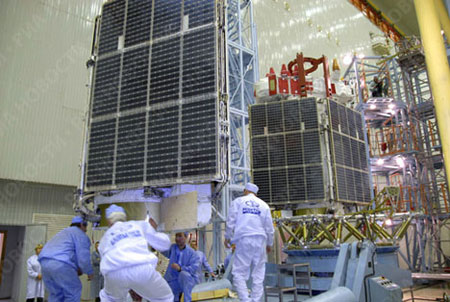
Director of the Russian space agency (Roscosmos) Anatoly Perminov announced in September that the number of satellites in the Glonass navigation system will increase to 30 by 2011. This means Russian space experts will There is still a lot of work to do.
- America will upgrade the global positioning system
- How the GPS system works
- Vietnam successfully used Galileo positioning signal
- How does navigation device work?
- Galileo global positioning satellite system has trouble
- China launched the 10th positioning satellite
- Successfully decode the signal Galileo global positioning satellite system
- China will build a global positioning satellite system
- GPS can alert tsunamis faster than today
- How is the plane tracked?
- Russia launched 4 more satellites in 2013
- Russia's Glonass system has global coverage
 Norway built the world's tallest wooden tower
Norway built the world's tallest wooden tower Kremlin
Kremlin Ashurbanipal: The oldest royal library in the world
Ashurbanipal: The oldest royal library in the world Decoding the thousand-year construction of Qin Shihuang shocked the world
Decoding the thousand-year construction of Qin Shihuang shocked the world